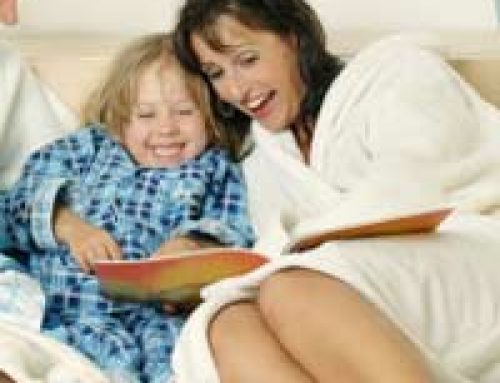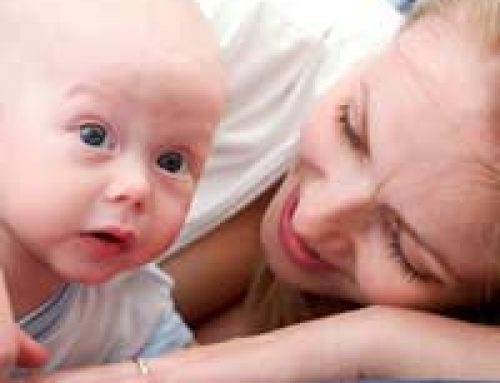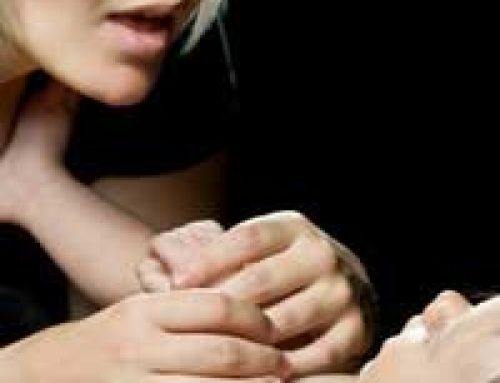
In the early years, children go through great periods of learning and development. Here we look at how they develop intellectually.
Intellectual development is the term used to refer to the way that a child’s mind and brain function develops. It includes their ability to communicate, to think in creative and abstract terms, learning to solve problems, pay attention, make sense of the world around them, be able to make judgements and reach conclusions. Intellectual development can increase as we go through life, but for children, a big period of intellectual development takes place when they’re young.
Two To Three Years
When they’re two to three years old, children will have a lot of new intellectual development going on. Their awareness will be expanding and they’ll begin to understand many more concepts.
As far as numbers go, they’ll begin to be aware of the names of numbers and the verbal sequence that numbers follow. They’ll also begin to understand the meaning behind numbers and the different values they represent and notice numbers when they’re used in various aspects of life.
Their sorting skills will improve and they’ll be able to sort groups of objects into sets and realise that some objects are different to others. Another noticeable improvement in intellectual development at this age is a child’s understanding of time. Until now, they’ll have had little concept of time. Although it’s still in the early stages (children are likely to still believe that everything that happened in the past was yesterday, and all future things are tomorrow), they’ll have gained a broad perspective of the concept of time.
Three To Four Years
Between the pre-school ages of three and four years old, even more intellectual development is taking place. A child will now have a vocabulary of up to 900 words and will able to put together short sentences. They’ll be interested in singing simple songs and rhymes and should have a good interest in books and stories.
Their thinking skills will be improving and they’ll be able to sort different objects according to their size, colour and characteristics. Their counting skills will also be improving and they’ll be learning more numbers. Children will understand what’s meant by terms like opposites and will have knowledge of various forms of measurement, such as height, weight or length.
As far as intellectual play goes, their role playing games are likely to become more planted in reality, such as playing shop, cowboys or farmers, rather than 100% fantasy role play.
By the time they reach their fourth birthday, children have a clear understanding of time. They’ll know what it means when people speak about doing something today, yesterday or tomorrow. They’ll know that the day is divided up into different times, such as morning, afternoon and evening, and they’ll be aware that the year is divided up into different seasons, with different weather conditions.
A child’s learning continues in a similar way for the next year, so that by the time they’re five years old, they should be armed with a key base of knowledge that can be build on as they start school.





I like to know how intellectual characteristics of children can affect teacher’s: 1.selection of topics 2.selection and use of teaching and learning resources 3.selection and use of teaching learning technique 4.class room management 5.assessment of learning 6.demonstration of professional ethics